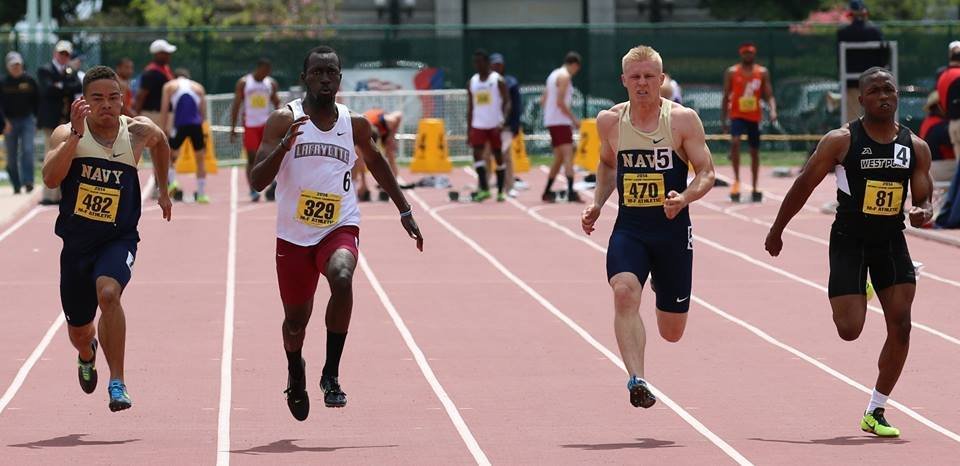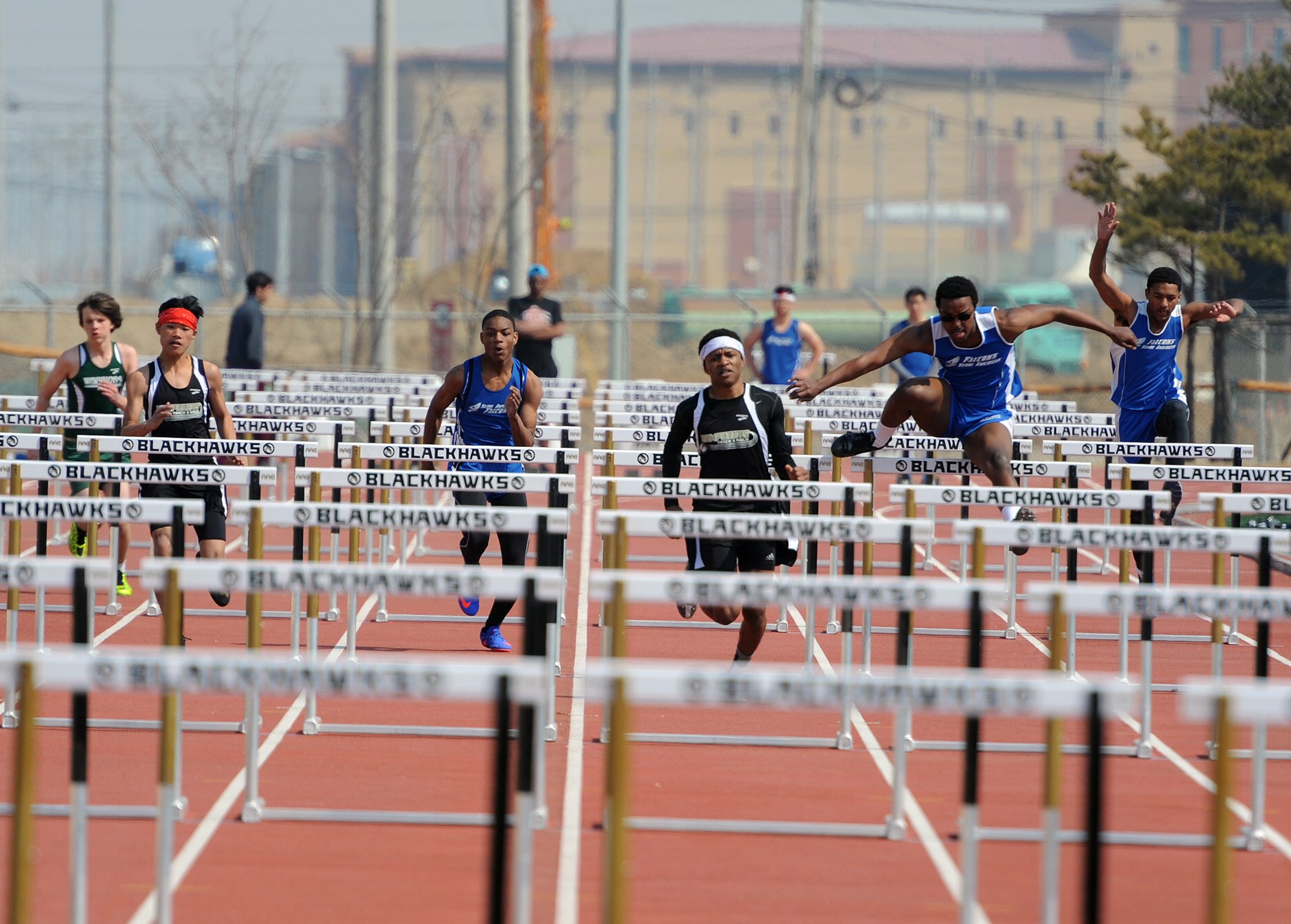Popular Lies that People Believe About Track and Field Recruiting
Getting recruited for college track and field is hard work, but it is much easier when you know how it works. Many people make mistakes that keep them from finding the right school and it starts with all of the lies that people believe.
Most of what we see in the media tells a small part of a larger story because fewer than 10 percent of college athletic departments are regularly shown in the media. By correcting the lies you can give yourself the best chance to get the offers you deserve. But what are the lies? Here are just a few.
Lie: Most track and field scholarships are full-rides
The truth is that most college track and field recruits will not be offered any scholarship money. Fewer than 40 percent of all the college athletes across the NCAA’s three divisions are receiving even 1 dollar of athletic aid. At the D1 level, nearly half of the athletes are not receiving athletic aid money, and many of those who do are still not getting Full-Rides. Historically, full-rides have only offered in large numbers across the following sports at the D1 level only. Those are men’s & women’s basketball, FBS Football, Women’s volleyball, and Women’s gymnastics for the schools that have it.
The sports listed above were considered “headcount” sports through the 2024-2025 academic school year. That means that the number of scholarships essentially fill an entire roster. However, in the 2025-2026 school year the NCAA will no longer impose scholarship limits at the D1 level. They will instead institute a roster cap for revenue sharing D1 sports team. However, many schools will not be sharing revenue, and will not have to adhere to the roster cap. All sports will now be considered equivalency sports where coaches can break up scholarships, offering partial amounts to any athlete if they so choose. What is certain going forward is that most athletes will still need to fund their education with at least some money that is not connected to athletics. In track and field, even the most competitive teams will likely not have most of their team on a full-ride athletic scholarship. In fact, many college track and field teams have never used close to the maximum allowable scholarship dollars afforded by the NCAA.
Lie: If you are good enough college track and field coaches will come and find you
The truth is that there are hundreds of thousands of high school athletes in track and field and less than 10% of them will compete at any level in college. Most recruited track and field had to reach out to the college coach first to express that they are interested. Only the absolute best recruits in the nation will be consistently found by college coaches.
Most college coaches also have limited budgets so they will only be able to “find” kids looking locally within their state. If you are not competing at the most elite level track meets and championship events you will likely be overlooked by most college coaches simply because they do not know about you.
If you know which types of schools are looking for an athlete like you, then you can present yourself to them and should expect to get the best recruiting results.
Lie: Your high school and club coaches will help get you recruited
You can certainly get some help from a coach to get recruited, but your recruiting journey belongs to you and nobody else. Coaches want to speak with you so trying to lean on a coach’s support, even if they are well wishing can backfire. Coaches are valuable references, but you will need to be proactive, both to get on the target list at a school, and move up the list and get offers.
Most track and field coaches do not have much available time to help you significantly with getting recruited. Likewise, if you rely on a coach to recommend you to a college, you run the risk of not getting the best possible offer for you. Take control of your recruiting journey by learning what you want, and which schools want you, and positioning yourself to be recruited to get the best results.
Lie: The recruiting process starts when you begin the college admissions process
Many high school athletes are not ready to talk to college coaches until the end of their junior year and there is nothing wrong with that. But you should be learning about the process, setting goals for yourself, and preparing to talk with coaches long before then. The top schools will start looking for recruits as early as 8th grade or freshman year of high school. So the sooner you can begin preparing for the process, the better your chances of making any necessary changes to get where you want to go
Even if you are not fortunate enough to have college track and field coaches show interest early, you should still be proactive about preparing your athletic resume. In most cases if you wait close to your Senior year to begin learning the process and engaging with coaches, then it will be very hard to get the best offers for you.
Lie: If a coach doesn’t respond to your messages directly they are not interested
In general, college coaches are very busy people. Most programs do not have a lot of staff and the head coach may be one of few full time personnel running the program. Their time is valuable and they may not respond to your contact messages immediately because they are simply getting around to it.
It is important to note that coaches are not allowed to directly speak with a recruit until the summer after sophomore year in most cases. If you call or email prior to that point they can make a note of it and send general information about the school or perhaps a camp invite but nothing else. Interestingly enough NCAA D1 coaches in men’s and women’s basketball, baseball, and football, can speak on the phone with a recruit if they call prior to that time, but only if they pick up when the recruit calls.
Lie: Every coach will pay for you to visit their school if they recruit you
Recruiting budgets vary across the NCAA. High level D1 programs will typically bring in recruits for official visits and pay for as many fees as they can. However, most programs, especially outside D1 may not have the budgets to pay for your travel expenses, or even to cover every cost associated with your visit. There are also many parameters on when coaches can have recruits visit. These rules vary from Division to Division but in general Junior year of high school is when recruits are allowed to take recruiting visits and talk with coaches. However, overnight visits known as “official visits” are offered most often during your Senior year.
Lie: You can walk on if you don’t get a scholarship offer
Essentially all college coaches at every level recruit. Though recruiting goals vary drastically, coaches spend a lot of time, energy, and money on recruiting. If you want to compete for a college, even if it is a program that does not give track and field scholarships, you should talk to the coaching staff during your Senior year about the opportunity to joint the team. Preferred walk-on status is a very real thing when coaches do not offer athletic aid to an athlete, but still offer a spot on the team.
It is always a challenging road to pursue being a walk-on at a school. Even if you are good enough to compete, coaches invest resources in the athletes they have recruited. Coaches have good reason not to allow their walk-ons to compete because it sends a message to the athletic department that they are irresponsible with recruiting resources. You should always pursue a walk-on spot as a last resort if you are unsuccessful finding a program that recruits you. However, if you are serious about competing in college, you should be able to find a program that you can compete for. Use the SCA national high school recruit list to know which types of recruits go where and why. In addition, use my personal secrets to position yourself in front of the right coaches and get the offers you have worked so hard to earn.
Coach Rob’s Note: Don’t go under-recruited! I put in the hard work for you to know exactly which colleges already want to recruit you, which ones will view you as a top recruit, and how to get their attention. Let me coach you to GET ALL THE COLLEGE SPORTS OFFERS that you deserve!
Coach Rob is a recruiting expert and the Founder of SCA Recruiting. He is also the author of the book Winning the Ship: How to Win the College Athlete Recruitment Game. Available now on Amazon.

“93% OF HS ATHLETES DON’T PLAY IN COLLEGE… BUT I WILL HELP YOU BEAT THOSE ODDS. I GUARANTEE IT.”


